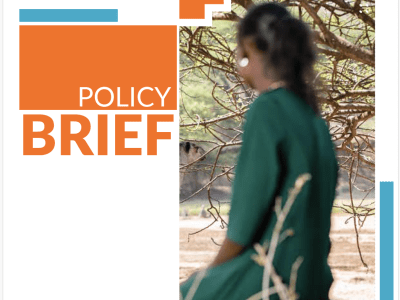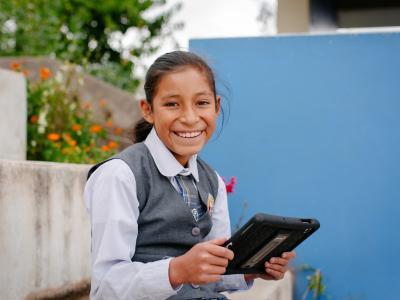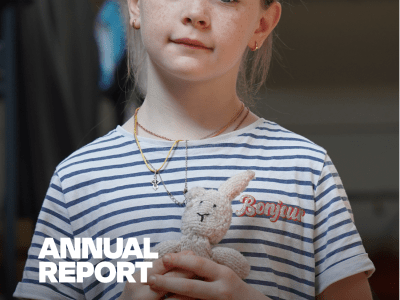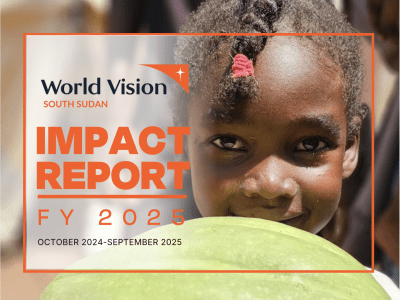publication / February 4, 2026
East Africa Region Policy Brief on Ending Female Genital Mutilation (FGM) 2023
World Vision is influencing the adoption and implementation of policies relating to FGM in Kenya, Sudan, Somalia and Sudan. The policy brief highlights strategic policy recommendations targeting national governments, regional institutions donors faith and community leaders.
article / February 10, 2026
Online Safety Day: Helping children navigate artificial intelligence and social media safely
World Vision Iraq highlights how parents, schools, and communities can support children’s online safety amid social media and AI.
opinion / February 9, 2026
Are we making online safety laws for children without listening to them?
Why many online safety policies struggle to deliver the safer and fairer digital environments that children say they need.
publication / February 18, 2026
Annual Report 2025: Standing With Children Through Four Years of War in Ukraine
As the Ukraine Crisis Response enters its fifth year, the war continues to devastate millions of lives, particularly children. Over the past four years, World Vision Ukraine has reached more than 2.3 million people, including over 1 million children, providing critical support in education, mental health, protection, cash assistance, livelihoods, basic needs services and winterisation.
article / February 17, 2026
A New Flow of Opportunity at Nerutanga Primary
Through Gift-in-Kind support, the school also received eight bicycles, stationery supplies, and 208 satchels for learners — restoring dignity and boosting children’s confidence, particularly those from vulnerable households.
publication / February 12, 2026
World Vision South Sudan FY26 Impact Report
2025 had been a challenging yet productive year for World Vision in South Sudan. Despite funding cuts and growing humanitarian needs, we pressed on—guided by our faith and our commitment to serve. The year had been a testament that when Christ is placed at the centre of our work, hope endures and impact is possible, even in the most difficult circumstances.
press release / January 24, 2026
World Vision International joins diverse Global Education Actors to Celebrate the International Day of Education
World Vision International joins global education partners to celebrate the International Day of Education and advocate for inclusive, quality learning for all children.





